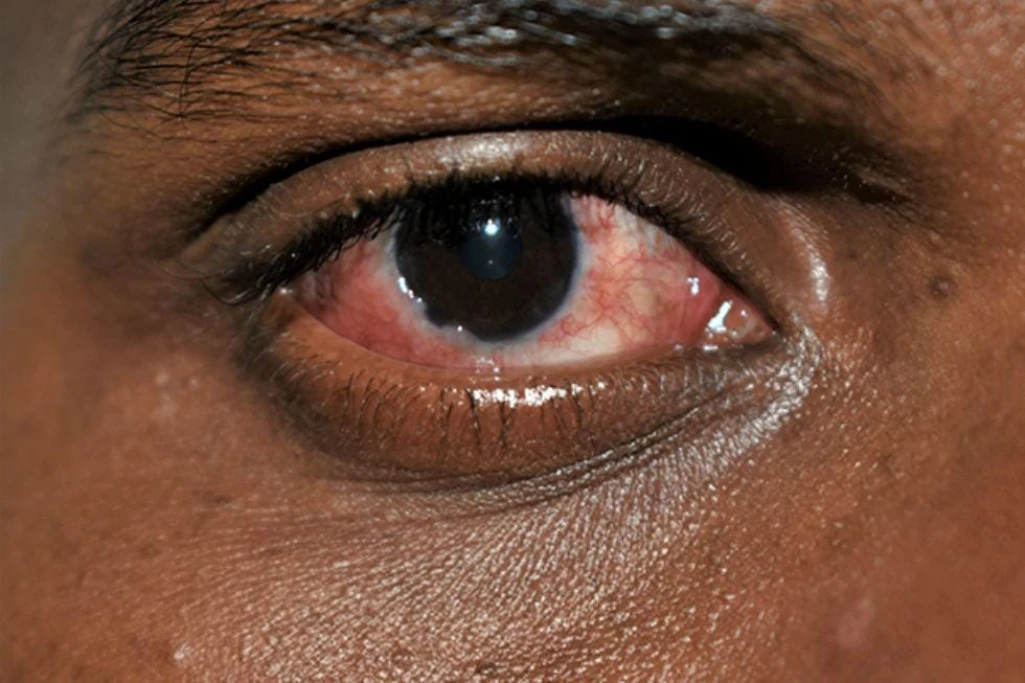
The Ministry of Health (MoH) has issued an alert over the outbreak of conjunctivitis (red eye) disease detected in the country.
In a statement seen by The Radio Community, the outbreak, according to the ministry, first started in Nimule Payam, Magwi County.
It was initially detected among travelers from Uganda, where similar cases have been reported and an outbreak of conjunctivitis declared by the Ministry of Health in Uganda.
This has prompted the health authorities in Nimule to increase surveillance at the major point of entry (PoE) to identify suspected cases, collect samples to confirm the causative agent, and manage suspected cases at the closest health facilities.
As of April 16, 2024, a total of 382 suspected cases were screened and managed (297 at Nimule PoE and 85 at Nimule Hospital).
The Ministry also confirmed reported cases of the outbreak of red eye disease in Juba, and it's committed to monitoring the situation in the country.
Conjunctivitis, characterized by inflammation of the conjunctiva (mucous membrane that covers the white part of the eyeball and lines of the eyelids), can be caused by various factors, including viral and bacterial infections.
Viral conjunctivitis is the most common form and is highly contagious and can be spread from person to person through direct contact, sharing of personal items such as towels, pillowcases, facial contact, and sharing of eyedrops or eyeglasses.
The symptoms may include redness in the white part of the eye or inner eyelid, increased tears, thick yellow discharge over the eyelashes, itching, blurred vision, and sensitivity to light.
Its contagious period is within the first 10 to 12 days, but the infection can last up to three weeks.
The Ministry of Health, along with the key stakeholders, has initiated several measures, including promoting personal hygiene, strengthening surveillance, and managing and treating affected individuals.
It has urged the public to highly observe hand washing with clean water and soap and avoid contact with infected individuals.
It also emphasized to the public to avoid touching the eyes, shaking hands, and refraining from sharing personal items.
Those infected are advised to visit the nearest health facility for supportive treatment.
The more at-risk populations at schools, universities, prisons, and IDP/refugee camps are urged to be vigilant and report all suspected cases to the national outbreak hotline 6666 or the nearest health facility.